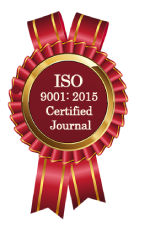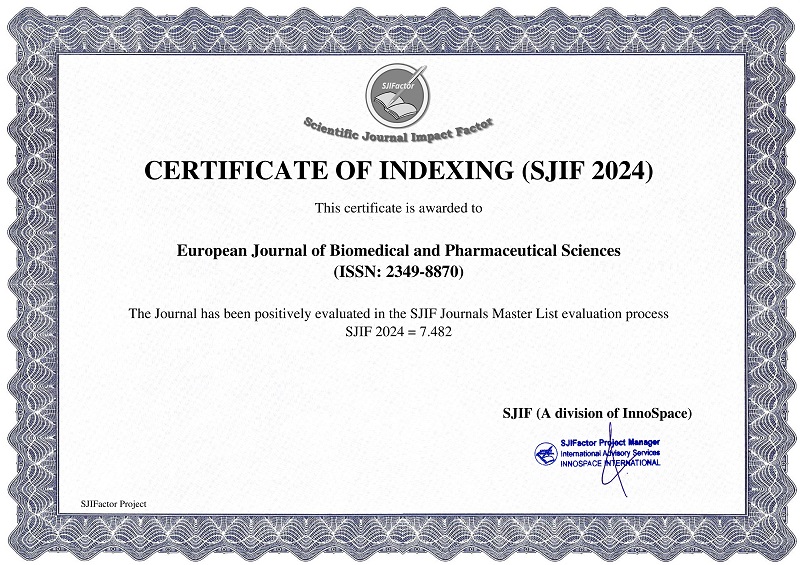PERIODONTAL MANAGEMENT OF PHENYTOIN INDUCED GINGIVAL ENLARGEMENT: A CASE REPORT
Dr. Sowmya N. K., *Dr. Khyati Chandra, Dr. Gayathri G. V. and Dr. D. S. Mehta
ABSTRACT
Gingival enlargement is a common clinical feature of gingival and periodontal diseases. It is not an uncommon side effect of certain systemic drugs. Drug-induced gingival enlargement is the term now used to describe medication-related gingival hypertrophy or hyperplasia, Gingival overgrowth (GO) is a side effect associated with some distinct classes of drugs, such as anticonvulsants, immunosuppressant, and calcium channel blockers. Drug-induced gingival enlargement is the term now used to describe medication-related gingival hypertrophy or hyperplasia, a condition commonly induced by three main classes of drugs: anticonvulsants, antihypertensive calcium channel blockers and the immunosuppressant cyclosporine. The pathogenesis of drug-induced gingival enlargement is uncertain and there appears to be no unifying hypothesis that links together the three commonly implicated drugs. Epilepsy is the most common chronic neurological disorder in human. Antiepileptic drug phenytoin is one of the main drug responsible for drug induced gingival overgrowth (DIGO) that alters the extracellular matrix metabolism affecting the gingival tissue. The prevention and m management of drug induced gingival enlargement remains unsatisfactory. The problem is compounded by the high recurrence rate arising from chronic usage of the listed medications and persistence of risk factors. The present case report describes the treatment of a patient with a phenytoin-induced gingival enlargement and its management which includes both non-surgical and surgical management followed by supportive therapy leading to a predictable and an excellent outcome.
Keywords: Phenytoin, Gingival overgrowth, prevention, Drug Induced Gingival Overgrowth, Antiepileptic drug management.
[Full Text Article]
[Download Certificate]


 Impact Factor : 8.181
Impact Factor : 8.181 






